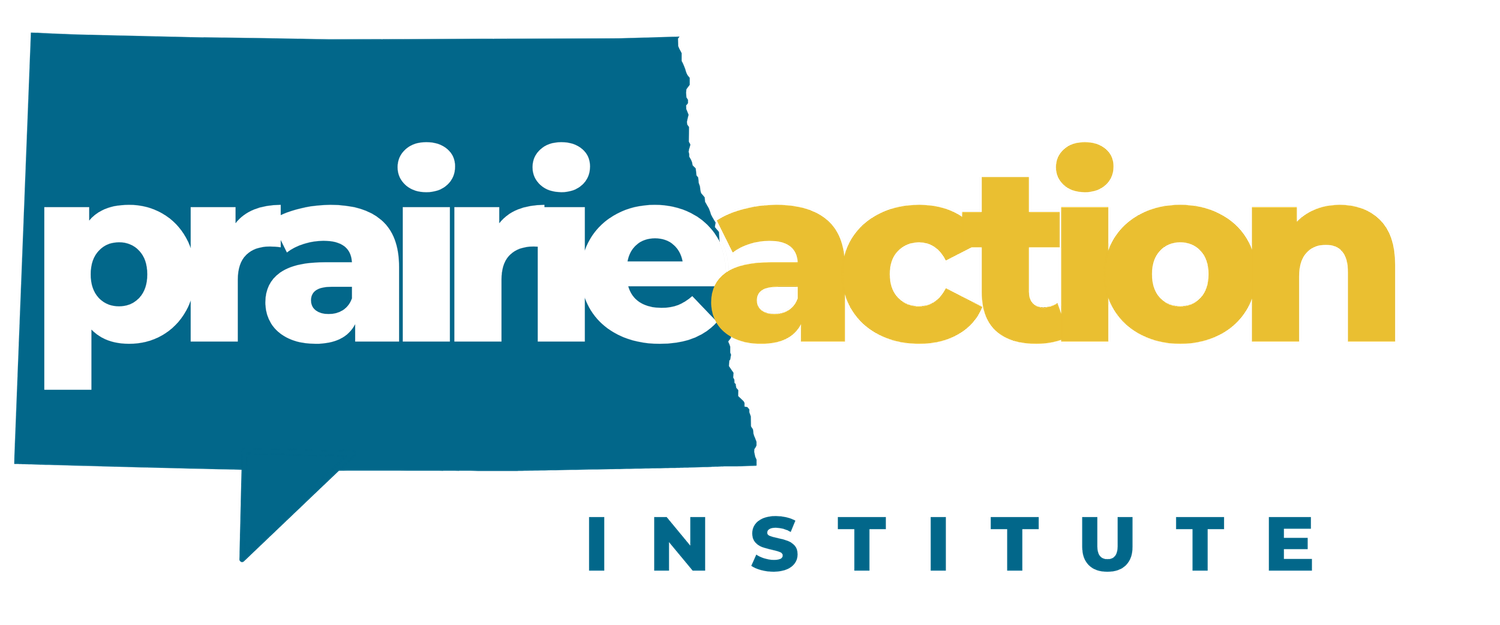Speaking out: Cramer, Hoeven, Fedorchak not honest about so-called 'Big, Beautiful' bill
By: Ellie Shockley, Bismarck Tribune
July 24, 2025
There is a lot that can be said about the so-called “Big, Beautiful” bill that the U.S. Congress passed earlier this month. Indeed, our state’s congressional delegation -- U.S. Sens. Kevin Cramer and John Hoeven and U.S. Rep. Julie Fedorchak -- has had a lot to say about it. What our delegation is not saying, however, is the truth about the increased administrative burden for North Dakotans and other Americans seeking to access social programs.
While our congressional delegation likes to describe the benefits of this legislation for certain industries, their primary responsibility should be to ordinary citizens. I’m certainly not excited about legislation that may benefit agriculture and energy industries while systematically reducing the quality of life for my neighbors.
Anyone with both policy competency and integrity can admit that this federal legislation nudges even eligible folks away from services and resources. If you subscribe to a “shrink federal social programs at any cost” ideology, you should own it. If you think it’s fine for program-eligible folks to struggle to access services and resources because it reduces federal spending on social programs, own that too.
We can have differing opinions regarding federal spending on social programs and still acknowledge a shared reality. Namely, that the bill’s increased administrative burden on citizens seeking services and resources will decrease access among otherwise eligible North Dakotans who can’t navigate the paperwork, etc.
My grad-school colleague Jamila Michener, now faculty at Cornell and an expert on administrative burden, explains the issue with her co-authors in their 2023 volume in The Russell Sage Foundation Journal of the Social Sciences:
“The gap between people’s needs and the policies that are supposed to provide for them is filled with administrative burdens. Administrative burdens are rooted in laws, organizational rules, and everyday implementation practices. Burdens are a barrier to limit access to everything from formal citizenship to voting rights to the resources required to enjoy social rights, such as education, housing, and health care ... Further, burdens are often not just a result of inattention or lack of capacity, but also the product of deliberate design.”
Read the full article here


